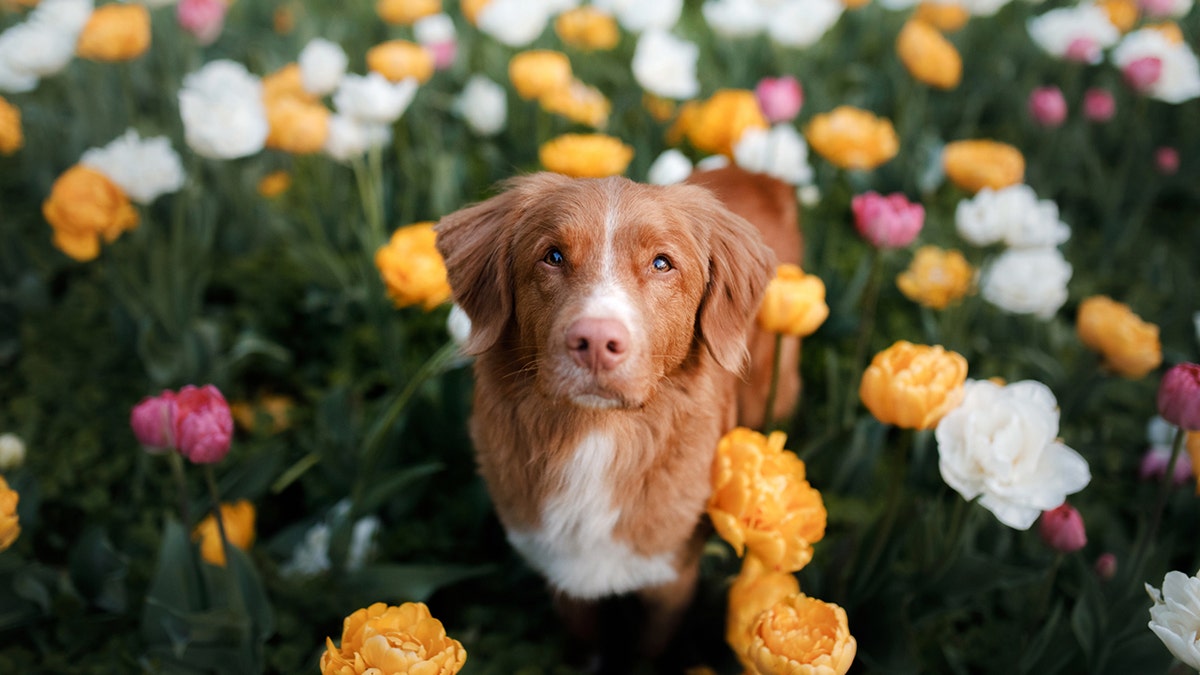Animal Planet star Dr. Evan Antin talks his new show, tips for pet safety
The 'Evan Goes Wild' host and veterinarian on pet adoption and how to make sure your pet stays healthy.
Plants add color, texture and beauty to your home and yard, but some are toxic for your pets, so watch out for these varieties. If you suspect your cat or dog may have ingested a potentially toxic substance, contact your veterinarian as soon as possible.
Aloe Vera
You may like to keep an aloe vera plant around to treat sunburns, but the American Society for the Prevention of Cruelty to Animals (ASPCA) says aloe vera can cause vomiting, lethargy and diarrhea in both cats and dogs. According to Rover.com, “Topical use of the gel found inside the leaves is no problem, but there are other proponents of the plant that can irritate the digestive system if ingested.” These 11 household items are seriously hazards to pets.
Azaleas
Whether indoors or out, azaleas are toxic to both dogs, cats and reptiles. “Even ingesting just a few azalea leaves can cause oral irritation with subsequent vomiting and diarrhea in cats. In severe cases, ingestion can cause a drop in blood pressure, heart arhythmias, coma and death,” notes petMD.
Dracaena Fragrans
Also known as the “corn plant,” dracaena fragrans is a popular houseplant that is toxic to pets, including cats and dogs, according to the ASPCA. When ingested, the plant can cause vomiting (occasionally with blood), depression, anorexia, hyper-salivation and, in cats, dilated pupils.
Tulips

Some popular summer flowering plants, such as tulips, pictured, can be toxic to the health of dogs and cats. (iStock)
The whole tulip plant is toxic to both cats and dogs, says the ASPCA. In cats, “Ingestion can cause significant oral irritation, excessive drooling and nausea. Unless large quantities of the bulb are eaten, which is unlikely in cats, tulip ingestion should not be fatal,” reports petMD.
Philodendron
“Philodendron is a popular pick for its low-maintenance needs, but if ingested, can result in swelling and burning of the mouth and tongue as well as digestive issues, spasms, and even seizures,” when it comes to dogs, reports Rover.com. There are several varieties of Philodendron, which the ASPCA has on its toxic list for both cats and dogs. Follow these tips to minimize the risks of infections spread by pets.








































